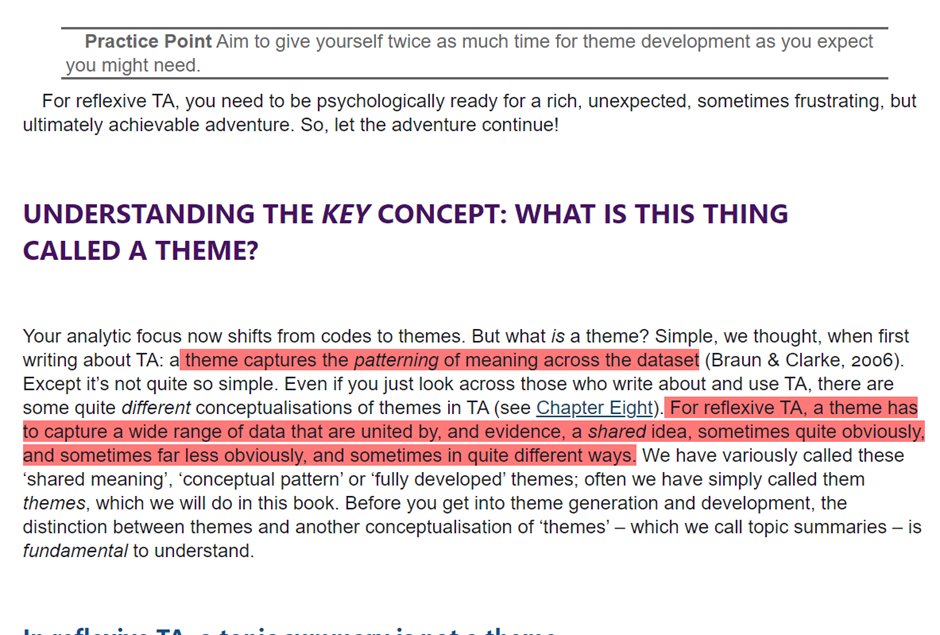A thought...
The Immigration Restriction Act 1901 (AKA the #WhiteAustralia policy) didn't come out of the blue.
The Chinese knew it was coming and actively organised against it - politically and intellectually.
This publication was part of that struggle. #chinozhist
1/
The Immigration Restriction Act 1901 (AKA the #WhiteAustralia policy) didn't come out of the blue.
The Chinese knew it was coming and actively organised against it - politically and intellectually.
This publication was part of that struggle. #chinozhist
1/

You can download an electronic copy from the @Library_Vic. It was originally published in 1888, well before most "Australians" had arrived on our shores from Europe.
handle.slv.vic.gov.au/10381/107652
2/
handle.slv.vic.gov.au/10381/107652
2/
Through family history research, I was surprised (and immensely proud) to find that my ancestors were involved in this Chinese civil rights struggle. Wong Shi Geen was my great grandfather's brother.
Here he cosigns with some notable leaders in the Chinese community (p7)
3/
Here he cosigns with some notable leaders in the Chinese community (p7)
3/

Here Wong Shi Geen signs "For and on behalf of the committee of Chinese residents, Melbourne" on p16... 

Cheong Cheok Hong I know about through Ian Welch's PhD thesis.
Welch, Ian Hamilton. ‘Alien Son: The Life and Times of Cheok Hong Cheong, (Zhang Zhuoxiong) 1851-1928’. Australian National University, 2003. openresearch-repository.anu.edu.au/handle/1885/49….
5/
Welch, Ian Hamilton. ‘Alien Son: The Life and Times of Cheok Hong Cheong, (Zhang Zhuoxiong) 1851-1928’. Australian National University, 2003. openresearch-repository.anu.edu.au/handle/1885/49….
5/

Lowe Kong Meng I know about through @paulmacgregorCH's @PRO_Vic article...
Macgregor, Paul. ‘Lowe Kong Meng and Chinese Engagement in the International Trade of Colonial Victoria’. Provenance: The Journal of Public Record Office Victoria, no. 11 (2012): 26–43.
6/
Macgregor, Paul. ‘Lowe Kong Meng and Chinese Engagement in the International Trade of Colonial Victoria’. Provenance: The Journal of Public Record Office Victoria, no. 11 (2012): 26–43.
6/

And also his book chapter.
@paulmacgregorCH ‘Chinese Political Values in Colonial Victoria: Lowe Kong Meng and the Legacy of the July 1880 Election’. In Chinese Australians, edited by @sophiecouchman and @baibi, 53–97. Leiden: Brill, 2015.
7/
@paulmacgregorCH ‘Chinese Political Values in Colonial Victoria: Lowe Kong Meng and the Legacy of the July 1880 Election’. In Chinese Australians, edited by @sophiecouchman and @baibi, 53–97. Leiden: Brill, 2015.
7/

This has made me curious.
I know a little about Wong Shi Geen through my research on his daughter.
‘To the Ends of the Earth. From Melbourne to Shanghai, and from Molong to Calgary : The Story of Australian Pentecostal Jessie Wong’. aps-journal.com/index.php/APS/…
8/
I know a little about Wong Shi Geen through my research on his daughter.
‘To the Ends of the Earth. From Melbourne to Shanghai, and from Molong to Calgary : The Story of Australian Pentecostal Jessie Wong’. aps-journal.com/index.php/APS/…
8/

Obviously I will be biased. I want to know more about Wong Shi Geen.
But what do we know about the other men? Of Lew Tye Shing, Louis Ah Mouy, Sun Suey Shing, Louey Wah, Kong Kee, James Moy Ling, and Ng Hock Seong? What are their stories?
9/9
But what do we know about the other men? Of Lew Tye Shing, Louis Ah Mouy, Sun Suey Shing, Louey Wah, Kong Kee, James Moy Ling, and Ng Hock Seong? What are their stories?
9/9
• • •
Missing some Tweet in this thread? You can try to
force a refresh













